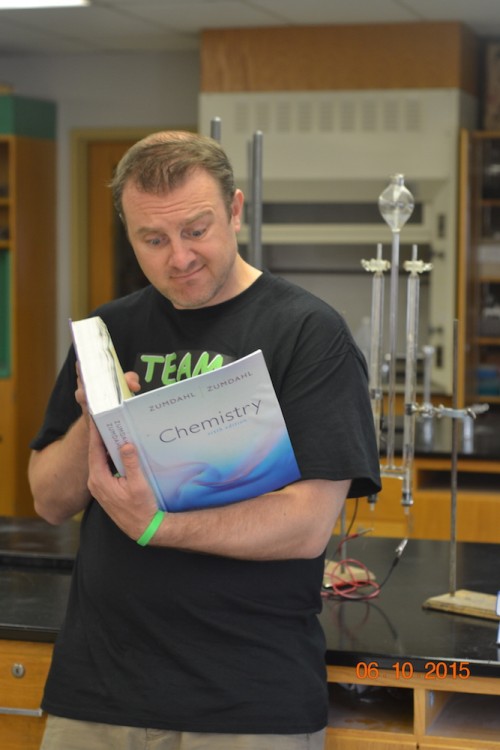
Dustin Demmers knew he had a gift working with students with special needs long before he had kids of his own. Demmers, 42, teaches students with all different types of needs at Floral Park Memorial in Floral Park, New York. His classes include an 11th grade English Regents preparation class that has English Second Language (ESL) learners and high needs students, and a language enrichment program for eighth graders. But his gift extends beyond his 15-year experience in the classroom. Demmers has two children, Jolie, 9, and Ethan, 6. Ethan was diagnosed with Duchenne’s muscular dystrophy in 2013. “I find that what I pursued in the name of my son has translated very well to what I do at school,” Demmers told The Mighty in an interview.
This school year, The Mighty asked its readers to nominate a special needs teacher who made a difference in their or their loved one’s life. To nominate, they submitted an essay to us. Our staff then picked five teachers, and Demmers made the cut. So we reached out to him to learn more about what makes him so Mighty.
What’s the most memorable thing either a student or a parent has said to you? For me, I think it’s more general memories of appreciation. Those have been the more powerful thing for me. I think with my son, who has Duchenne’s muscular dystrophy, I’ve had literally thousands of students come back and offer to help or offer prayers and support. It hits really hard every time. Someone I haven’t spoken to in so many years comes back and says something nice about my class or helps me or helps my son.
They have a dodgeball tournament at our school and this one group of guys, for the sake of raising awareness about my son’s condition, named their team “Team Ethan.” They made their own shirts and they printed one up for Ethan and for me. They did it completely on their own and completely voluntarily.
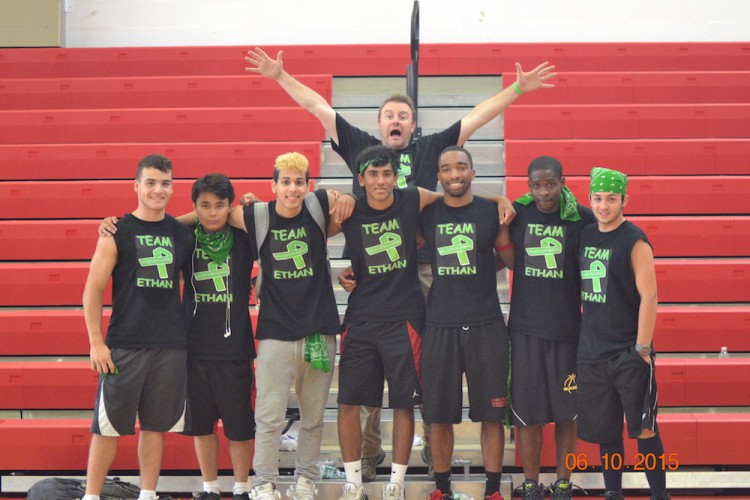
I find that what I pursued in the name of my son has translated well to what I do at school in my classes. It’s a conversation I don’t think people have often because it’s not something present for a lot of people. I don’t think people understand how to look at and interact with people who are in a wheelchair. A wheelchair is something that needs to be disarmed a little for people.
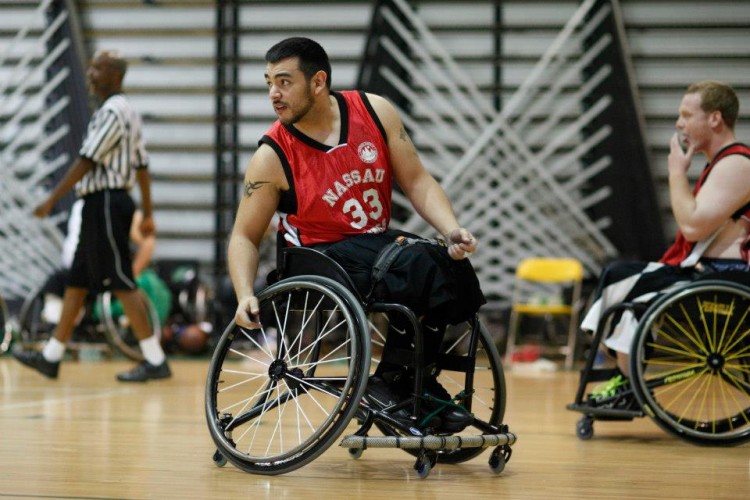
What’s the most challenging part of your job? The most challenging part of my job today is when you see students who need things and when the school is not able to accommodate the students for certain things. When there are programs in place that keep the building running but sometimes are difficult to challenge when a student or two or three have a need beyond the institutional directives. A student in the past really pointed out to me that a lot is done to help keep things flowing, but sometimes the way things are going don’t work for every single person. And even though it might make sense to keep things going for the majority of people, it’s difficult. Something else that’s difficult is when a student opens up about something troubling that’s beyond academics. When a student says something to me about something going on in his or her life about getting bullied or having something going on at home, I think that hits hard for me. I get upset by stuff like that. It hurts.
What advice would you give to someone just starting out as a special needs educator? You always have to look at your students as people before anything else. To me that has been the most successful thing. For better or for worse, whether they’re having a bad day or a good day, understanding that they’re people capable of the same exact feelings, of their own kind of intelligence, of their own kind of mischief even. If you can appreciate that on the human level, then all the other stuff is a lot easier to do. It’s a lot easier to teach when you understand that you’re teaching someone who’s a real person inside first.
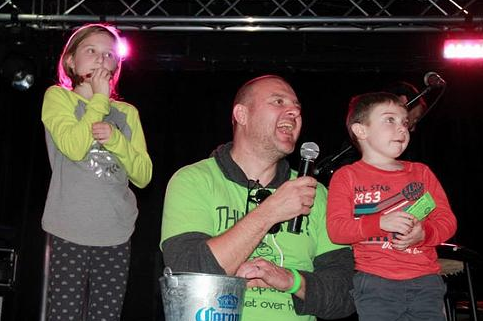
What’s the most rewarding part of your job? Getting to talk to the students, and if you’re lucky enough, to catch a day where a lightbulb goes on; that’s a great day. When they talk to you like a person and they talk about what’s important to them, they just light up when someone is willing to listen to what they’re interested in. Those kind of moments can happen all the time if they believe someone cares about what they have to say. That to me is the best part of my day, just taking those extra seconds to look them in the eyes when they’re speaking and to let them finish their sentence. You can tell they feel valued, and that’s important. It’s one of those things, when you figure it out, how could there be any other way to do things?
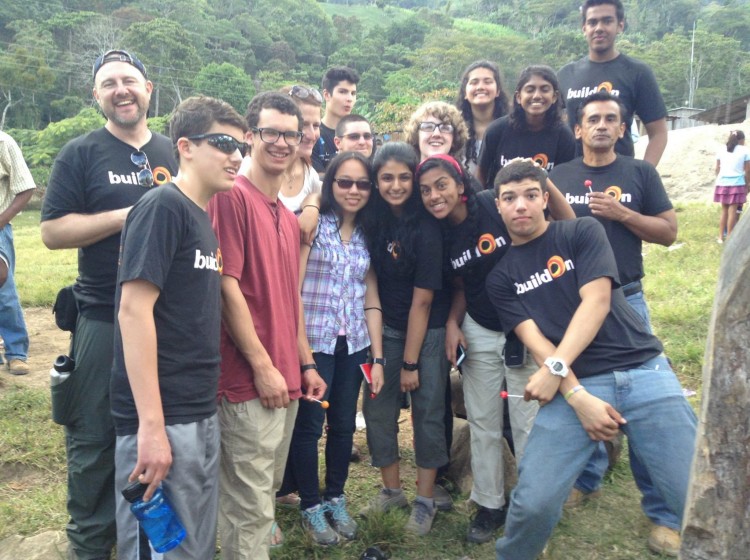
If you had a $1,000 grant for your classroom, what would you buy? I would love to have some sort of periodical that allows us to access things that are present and relevant in their lives. With the vast majority of students I have now, The New York Times would be something great. Also, I would love to get everyone a really nice journal. I love Moleskine journals. To let my students have something like that, that they’d want to keep for the rest of their lives, that they could just put anything into that’s not just a notebook, but something where they can write thoughts they’re really invested in.
What’s your favorite thing to teach? English. When they look at a piece of writing as more than just the words on the page. When they start connecting the meaning of rhetorical devices and strategies. I also like to conference them with writing. Then, I don’t spend weeks and weeks of my life grading papers. If I take two of their essays and spend time talking to them, I feel like they learn more about writing and how to use language effectively in that conference than they do in a whole week’s worth of lessons that sort of wash over them. I really like teaching writing. One of the things that fires me up is when I get to ask the questions and then I’m pretty much out of the conversation, when we get in a class debate and I get to listen to them go back and forth between each other.
Learn more about Duchenne’s muscular dystrophy and Dustin’s son Ethan in the video below:
The Mighty finds strength, joy and beauty in people facing disease and disability? Like us on Facebook.
And sign up for what we hope will be your favorite thing to read at night.
